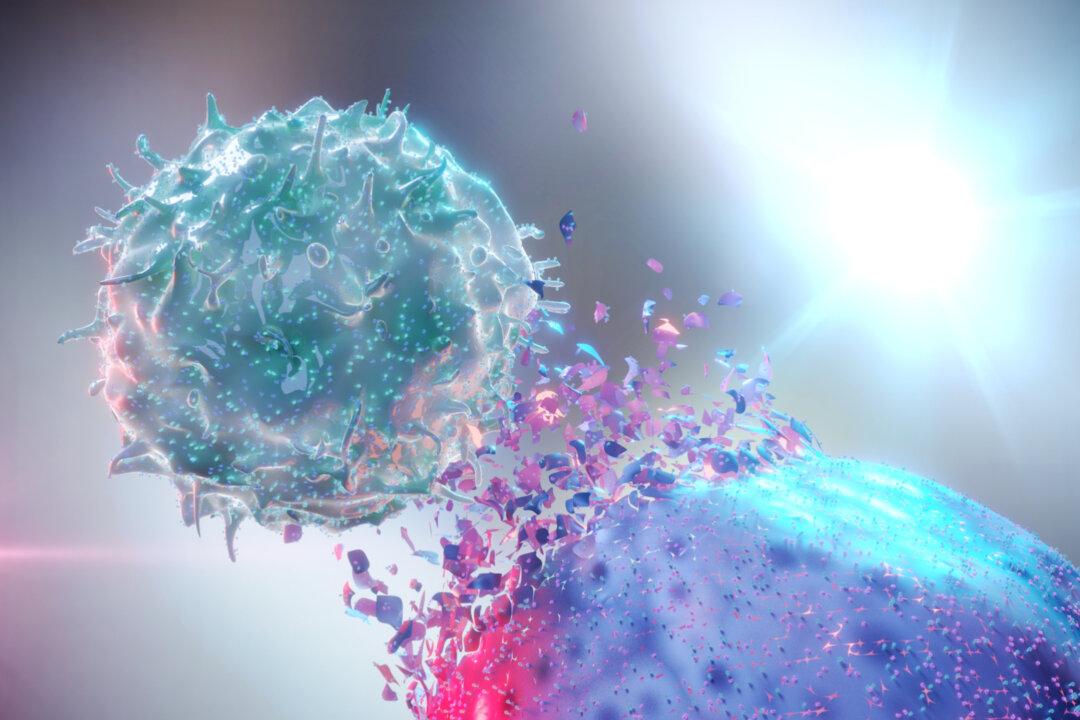Since receiving Moderna COVID-19 vaccines, Bonnie Eisenberg experienced relapse of her breast cancer 8 years after being in remission.
The 73-year-old was diagnosed with stage 2 breast cancer in 2012. After successful treatment, she had been in remission since 2014.






